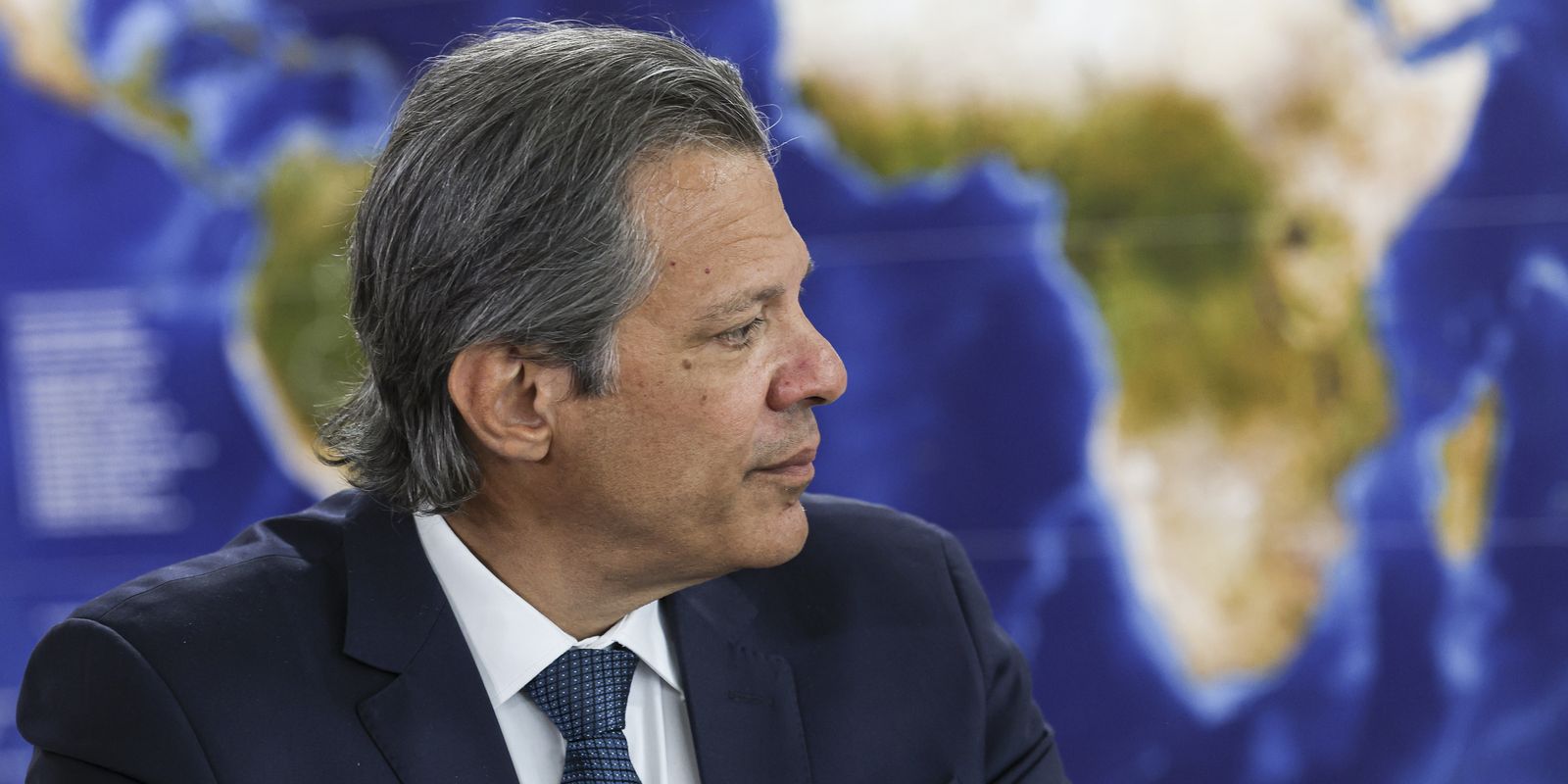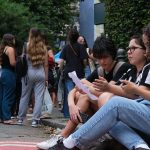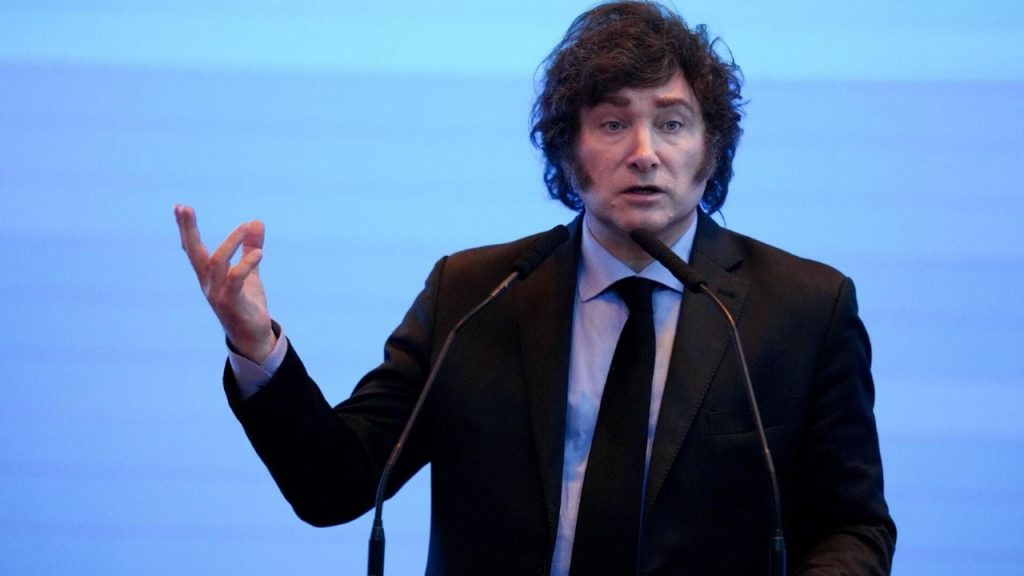Finance Minister Fernando Haddad celebrated this Tuesday (3) the 1.4% growth in Brazil’s Gross Domestic Product (GDP) in the second quarter of this year (April to June). This result should lead the government to release a new revenue collection estimate. He explained that the Secretariat of Economic Policy (SPE) had been projecting growth between 1.35% and 1.4%, which was confirmed.
“We will probably re-estimate the GDP for the year, which, given the strength with which it has been developing, could exceed 2.7%, 2.8%, and there are institutions that are already projecting GDP above 3%. This could lead to a re-projection of revenues for next year,” he said.
Haddad noted that the budget submitted to the National Congress at the end of last month, as required by the Constitution, was based on figures from July, as was the case with the revenue estimate. The government closed the Budget for 2025 with a forecast of an estimated GDP of 2.5% for this year and the indication that the economy’s performance will exceed this percentage, due to organic economic growth, means that an adjustment in expected revenues may occur.
“The industry came back very strong and the Gross Fixed Capital Formation (GFCF) rate came in above projections (5.8%). We have to look at investment because it is what will guarantee growth with low inflation. If we do not increase our installed capacity, we will have difficulty growing, but some industries have room to grow. Therefore, investments will help to avoid bottlenecks. Demand driven by investments is all we want: growth with investment is the greatest guarantee of balance between supply and demand,” he said.
The budget document submitted to Congress on August 30 consolidates the government’s commitment to promoting a balanced public accounts, which is essential for sustainable growth.
The primary surplus forecast for 2025 is R$3.7 billion; the estimated minimum wage is R$1,509.00; the primary expenditure limit is R$2.249 trillion and primary revenue, which tends to increase due to the good performance of the GDP, is projected at R$2.907 trillion, equivalent to 23.5% of the GDP.
Projected spending for 2025 on healthcare amounts to R$227.8 billion to meet the minimum wage; education is expected to have a budget of R$113.6 billion and investments of R$74.3 billion. Mandatory amendments were estimated at R$39 billion and the new Growth Acceleration Program (PAC) is expected to receive R$60.9 billion in funding.















